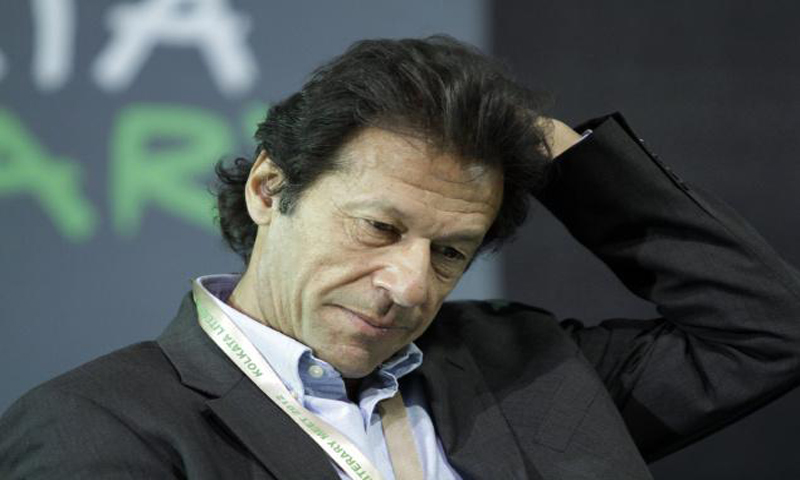India seems all set to take up an aggressive stance against Pakistan following the Pulwama terror attack. India’s retribution started today with the government reportedly withdrawing the Most Favoured Nation (MFN) Status granted to Pakistan. In the wake of Pulwama attack, this comes as a major step by India against Pakistan. The status had been granted to Pakistan two decades ago and the government is now setting things right.
The Most Favoured Nation (MFN) status does not mean that the government grants any kind of preferential treatment to the country to which such a status is granted. It merely means that the country to which the MFN status is granted won’t be in a state of disadvantage when compared to the other trading partners of the country that has granted MFN status. When a country grants the MFN status, it is expected to open up its economy for trade in commodities and uninhibited flow of goods and services.
As far as the move to revoke the MFN status is concerned, it is something much more than just a symbolic message. This move is going to hurt the terrorist nation in a substantial way. This move becomes more effective given that the Pakistani economy is already in a fragile state. Last year, we saw how Pakistan PM Imran Khan seemed compelled to go begging before other countries for financial aid. It is clear that Pakistan’s economy is in shambles and every source of revenue matters to them in a big way.
In the month of October last year, Pakistan Prime Minister Imran Khan had gone on a desperate tour begging for financial aid. He had departed on a desperate tour to Saudi Arabia to attend an investment conference boycotted by other leaders, on account of journalist Jamal Khashoggi’s death at the Saudi consulate in Istanbul, Turkey. At that time, Imran Khan had said in an interview before embarking on the tour that even he was concerned by Khashoggi’s death but Pakistan could not afford to skip this event because “we’re desperate” for possible Saudi loans to shore up Pakistan’s economy. Thus, Imran Khan had himself conceded that Pakistan was in a dire economic crunch on account of its desperation for loans. A balance of payment crisis looms large over the Pakistani economy and Imran Khan is expected to somehow save it from a probable breakdown.
It also came to light towards the end of last year that Pakistan’s currency had hit an all-time low to 144 rupees per dollar. The value of the Pakistani currency had moved southwards by 10 rupees within a day. Pakistani currency is therefore in very bad shape and this gives an idea of the kind of financial crisis that the terrorist state is battling. Other indicators of the Pakistani economy are also not in very encouraging shape. Last year, the Pakistani media had reported that the State Bank of Pakistan had witnessed a sharp decline in Foreign Exchange Reserves and it had hit a four-year low of $8.4 billion during the week ending September 28 last year. Moreover, in the month of January this year, it was reported that Pakistan’s Current Account Deficit had widened by 37% and had hit $1.66 billion in December 2018.
Therefore, India’s move to revoke the MFN status granted to Pakistan has come at a time when Pakistan could least afford it. In fact, the Pakistani economy is too weak and fragile in its current position to withstand a jolt of any kind. The Government of India has taken this move at the right time and this shows the intent of hitting Pakistan where it hurts the most. India should keep all its option open and hurt Pakistan in every possible way.
